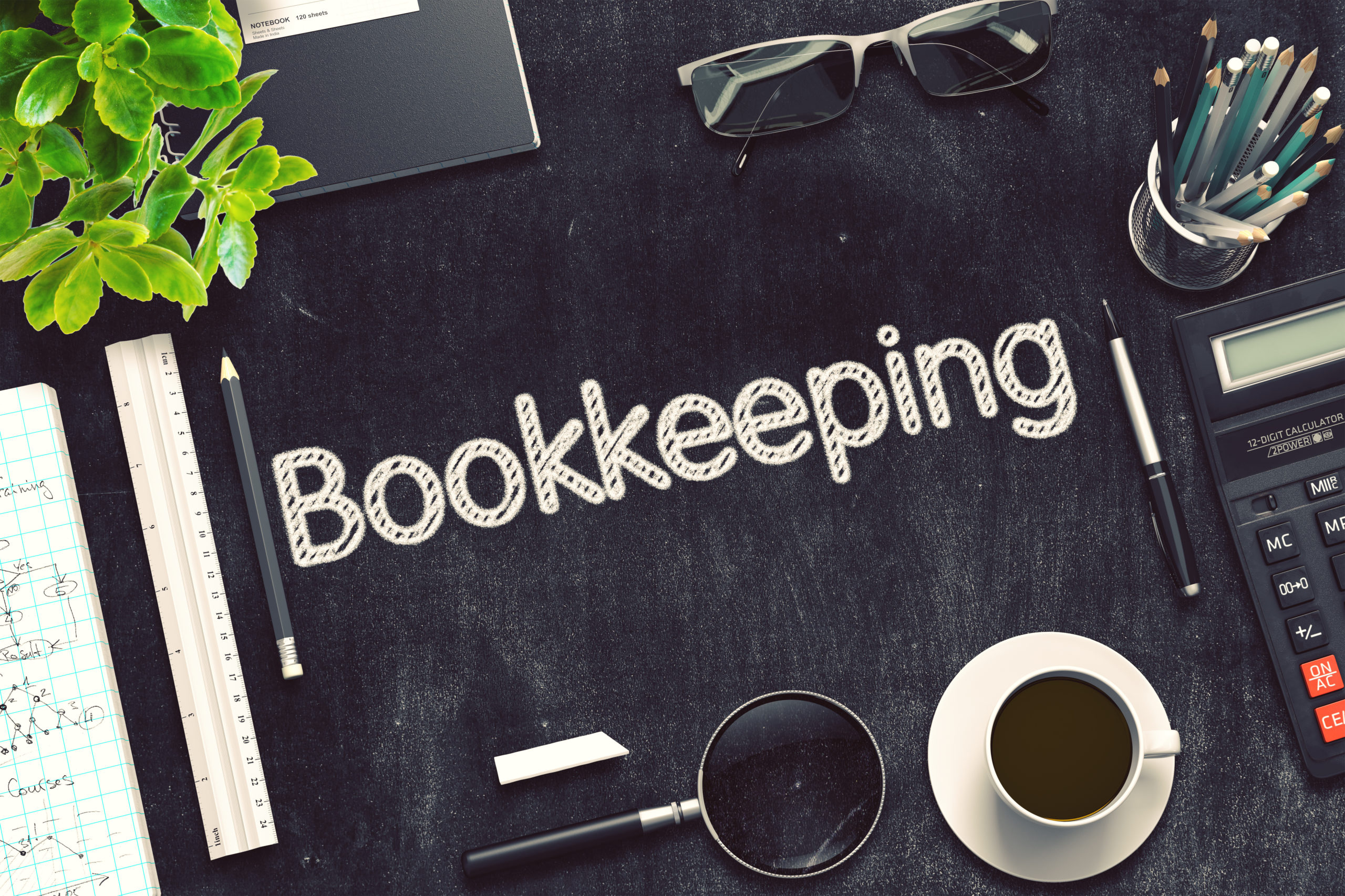How Good Bookkeeping Enhances Business Operations and Growth
Introduction
Accurate bookkeeping is the foundation of any successful business. Whether you’re running a small startup or a large corporation, keeping your financial records organized is essential for making informed decisions, ensuring compliance, and driving business growth.
Many businesses underestimate the importance of good bookkeeping, treating it as an afterthought rather than a strategic tool. However, well-maintained financial records can improve cash flow, enhance business efficiency, and even provide a competitive edge.
In this article, we’ll explore:
-
The role of bookkeeping in business operations
-
Key benefits of maintaining accurate financial records
-
How bookkeeping enhances decision-making and tax compliance
-
Best practices to improve bookkeeping efficiency
What is Bookkeeping?
Bookkeeping is the process of recording and managing a company’s financial transactions. It involves tracking income, expenses, assets, liabilities, and cash flow to ensure the business operates efficiently and remains financially healthy.
Good bookkeeping goes beyond simple record-keeping. It helps businesses:
-
Monitor financial health in real-time
-
Prepare for tax filing and audits
-
Improve operational efficiency
-
Identify growth opportunities
-
Reduce financial risks and fraud
By maintaining accurate financial records, businesses can avoid costly errors, penalties, and financial mismanagement.
How Good Bookkeeping Enhances Business Operations
1. Ensures Financial Stability and Better Cash Flow Management
One of the biggest reasons businesses fail is poor cash flow management. Without proper bookkeeping, it’s difficult to track where money is coming from and where it’s going.
Accurate bookkeeping helps businesses:
-
Identify cash flow trends and prevent shortfalls
-
Ensure timely payment of bills and salaries
-
Track outstanding invoices and improve collections
-
Optimize budgeting and expense control
A well-maintained cash flow statement ensures that a business remains financially stable, preventing unnecessary borrowing and financial distress.
2. Improves Decision-Making with Real-Time Financial Insights
Good bookkeeping provides business owners and management teams with up-to-date financial data, allowing them to make informed decisions.
Key financial reports generated through bookkeeping include:
-
Profit and Loss Statement (P&L): Shows revenue, expenses, and net profit
-
Balance Sheet: Provides an overview of assets, liabilities, and equity
-
Cash Flow Statement: Tracks money coming in and going out
With these reports, businesses can:
-
Identify profit-generating products or services
-
Cut unnecessary expenses and improve cost efficiency
-
Make strategic investment and expansion decisions
-
Set realistic financial goals and track performance
Without proper bookkeeping, businesses risk making decisions based on assumptions rather than data, which can lead to financial instability.
3. Enhances Tax Compliance and Reduces Penalties
Poor bookkeeping can result in missed tax deadlines, inaccurate filings, and penalties from regulatory authorities. Therefore, in Singapore, businesses must comply with the Inland Revenue Authority of Singapore (IRAS) tax regulations, including GST submissions and corporate tax filings.
Good bookkeeping ensures:
-
Accurate calculation of taxable income
-
Timely filing of GST returns and corporate taxes
-
Proper tracking of tax-deductible expenses to reduce tax liabilities
-
Compliance with financial reporting standards
By keeping financial records organized, businesses avoid tax errors and penalties, ensuring smooth financial operations.
4. Strengthens Internal Controls and Reduces Fraud Risk
Fraud and financial mismanagement can cripple a business. Poor bookkeeping creates opportunities for theft, embezzlement, and unauthorized transactions.
A well-structured bookkeeping system helps:
-
Identify unusual transactions and prevent fraud
-
Ensure proper authorization of expenses and payments
-
Improve accountability among employees and management
-
Track financial discrepancies early before they become major issues
Implementing internal controls, such as segregation of duties, regular reconciliations, and automated accounting software, further strengthens financial security.
5. Facilitates Business Growth and Investor Confidence
If you’re planning to expand your business, apply for loans, or attract investors, well-organized financial records are essential. Banks and investors assess a company’s financial health, profitability, and stability before providing funding.
Good bookkeeping:
-
Demonstrates financial transparency and credibility
-
Provides clear financial forecasts and growth projections
-
Improves chances of securing business loans or investment
-
Helps in business valuation for mergers, acquisitions, or partnerships
Without accurate financial data, businesses struggle to secure financing and lose growth opportunities.
Best Practices for Effective Bookkeeping
To maximize the benefits of good bookkeeping, businesses should implement the following best practices:
1. Use Accounting Software for Automation
Manual bookkeeping is prone to errors and inefficiencies. Using cloud-based accounting software like Xero, QuickBooks, or MYOB streamlines bookkeeping tasks, reducing human errors and improving accuracy.
2. Keep Personal and Business Finances Separate
Many small business owners mix personal and business expenses, leading to confusion during tax filing. Maintaining separate bank accounts for business transactions simplifies bookkeeping and ensures accurate financial reporting.
3. Track and Categorize Expenses Properly
Recording and categorizing expenses correctly helps in:
-
Identifying tax-deductible expenses
-
Controlling costs effectively
-
Preparing accurate financial statements
Using standardized expense categories improves consistency and makes tax reporting easier.
4. Reconcile Bank Statements Regularly
Monthly bank reconciliations help:
-
Detect errors and fraudulent transactions
-
Ensure all transactions are recorded correctly
-
Prevent cash flow discrepancies
5. Maintain Proper Documentation for Compliance
Keeping organized records of receipts, invoices, and financial statements is crucial for audits and tax compliance. Digital storage solutions help prevent document loss and improve record-keeping efficiency.
6. Work with a Professional Accountant or Bookkeeper
While many businesses manage bookkeeping in-house, working with a professional bookkeeper or accountant ensures accuracy, compliance, and better financial decision-making.
Conclusion: Good Bookkeeping is a Business Asset
Bookkeeping is more than just a compliance requirement—it’s a powerful tool that enhances business operations, financial stability, and growth potential. By maintaining accurate and organized financial records, businesses can:
- Improve cash flow management
- Make informed business decisions
- Ensure tax compliance and reduce penalties
- Strengthen fraud prevention measures
- Secure loans and investments with ease
Investing in good bookkeeping practices today will help your business stay competitive and financially strong in the long run. If you need expert bookkeeping assistance, consult a professional accountant to ensure your financial records are well-managed and fully optimized for success.
Get Expert Guidance & Save More!
Don’t navigate the complexities of Singapore’s tax system alone. Our team of tax professionals can help you structure your startup for maximum tax savings while ensuring full compliance.
Contact us today to optimize your tax strategy and save more!
For more detailed information on compliance programmes and guidelines, please refer to IRAS’s official documentation and resources.
Disclaimer: This article is for informational purposes only and does not constitute any professional advice. Feel free to contact us to consult with our professional advisors team for personalized advice and guidance.






